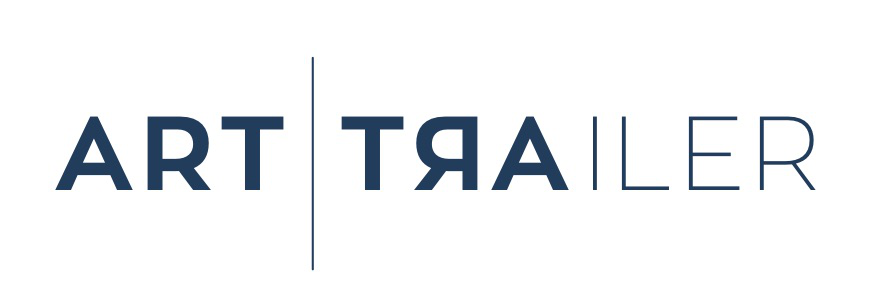Background
No less than one in five 15-year-olds of the 27 EU countries has very low reading skills.
Reading literacy has to be systematically developed beyond its first acquisition through the different age-levels, in different media and special languages.
The lack of language competences is one of the main barriers to participation in European education, training and youth programmes.
The teaching methodology in most countries is centred on the teacher, and it is consistent with educational systems that have the primary goal of transmitting contents (curricula centred on contents). There is instead a strong need of a learner-centred form of organization where the primary goal is the developing of students competencies (competence oriented curricula).
Adolescents devote more time to electronic and digital media (including television, computers and electronic games) than any other single activity.
There is a need to recognize and value non-formal learning in a creative and innovative way, raising the visibility of skills acquired outside the formal system.























